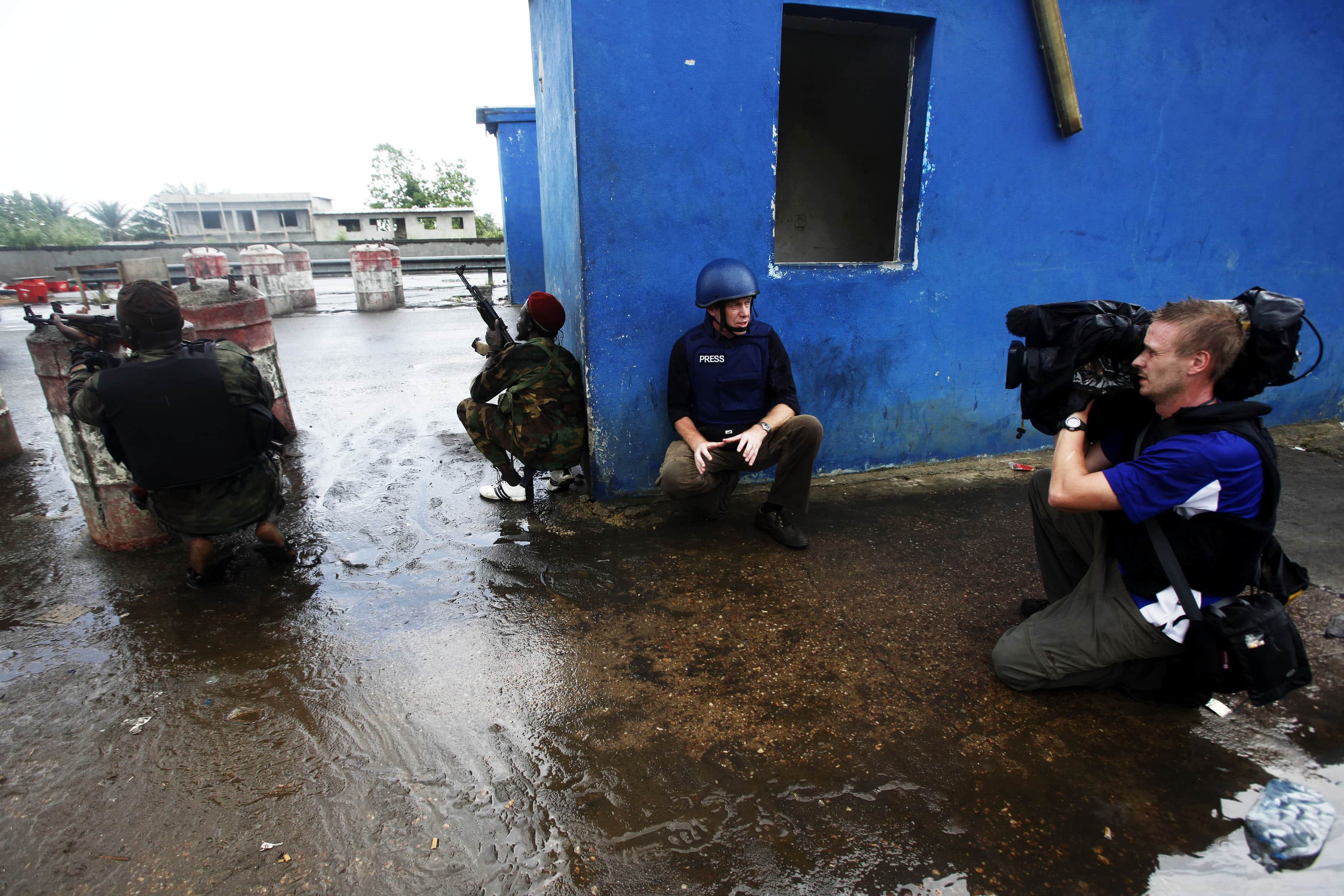In a statement published on World Press Freedom Day, four free expression rapporteurs warn of systematic attacks aimed at silencing voices at international, national and local levels.
This statement was originally published on article19.org on 4 May 2015.
Today, at the UNESCO World Press Freedom Day International Conference in Riga, four freedom of expression rapporteurs launched their 2015 Joint Declaration on freedom of expression and responses to conflict situations.
The 2015 Joint Declaration responds to systematic attacks on freedom of expression which are characterised by violence, such as armed conflicts, terrorist attacks or widespread organised crime, and which are aimed at silencing certain voices at international, national and local levels. Too often, such attacks are used by states to tighten their grip on freedom of expression and the media.
Thomas Hughes, ARTICLE 19 Executive Director, comments:
“ARTICLE 19 has been concerned about various restrictions that states used to suppress freedom of speech under the guise of dealing with ‘conflict’ or ‘crisis.’ These include legal measures such as adoption of vague and overbroad national security or public orders laws with aim of controlling public discourse as well as technical measures, such as blocking and filtering of content, disconnection of communication through ‘kill switches’ or prohibitions of the use of encryption.“
“In their Joint Declaration, the special mandates send a clear signal that censorship is not an effective response to conflict and that open and critical debate must be an important part of any strategy to address systematic attacks on freedom of expression and their underlying causes.“
Recommendations to the States, in the Joint Declaration, include but are not limited to the following:
Political leaders should avoid exploiting systematic attacks on freedom of expression for political ends and, should avoid making statements which might encourage discrimination, otherwise undermine equality or attacks on media workers or members of minority groups.
Any restrictions on freedom of expression must meet strict requirements of international law and states should not respond to crisis situations by adopting additional restrictions on freedom of expression.
States should refrain from applying restrictions relating to ‘terrorism’ in an unduly broad manner. Criminal responsibility for expressions relating to terrorism should be limited to those who incite others to terrorism; vague concepts such as glorifying’, ‘justifying’ or ‘encouraging’ terrorism should not be used.
Filtering of content on the Internet, using communication ‘kill switches’ (i.e. shutting down entire parts of communications systems) and the physical takeover of broadcasting stations are measures which can never be justified under human rights law.
Whistle-blowers should be protected against legal, administrative or employment-related sanctions.
States must take effective measures to prevent attacks against journalists and others exercising their right to freedom of expression and to combat impunity. They must also provide protection to journalists and others exercising their right to freedom of expression who are at a high risk of being attacked.
In the context of systematic attacks on freedom of expression, non-State actors bear direct responsibility for their actions where these represent breaches of domestic law, or of international humanitarian or criminal law.
States of emergency should be imposed only as permitted under international law, including because the situation poses a threat to the life of the nation.
States and private actors are still bound to respect international humanitarian law even where the rule of law has failed, including provisions which call for media workers to be treated as civilians rather than as combatants.
The four international special rapporteurs on freedom of expression are: David Kaye, United Nations Special Rapporteur on Freedom of Opinion and Expression; Dunja Mijatovic, the Representative on Freedom of the Media of the Organisation for Security and Cooperation in Europe; Edison Lanza, Special Rapporteur on Freedom of Expression for the Organisation of American States; and Pansy Tlakula, Special Rapporteur on Freedom of Expression and Access to Information for the African Commission on Human and People’s Rights.
ARTICLE 19 has been coordinating the drafting of these Joint Declarations since 1999.
Click here to read the full 2015 Joint Declaration.
For previous Joint Declarations please click here.



